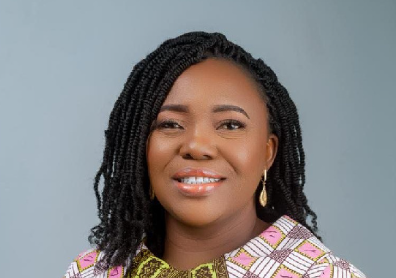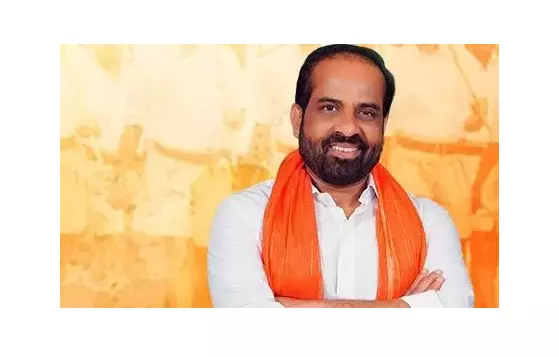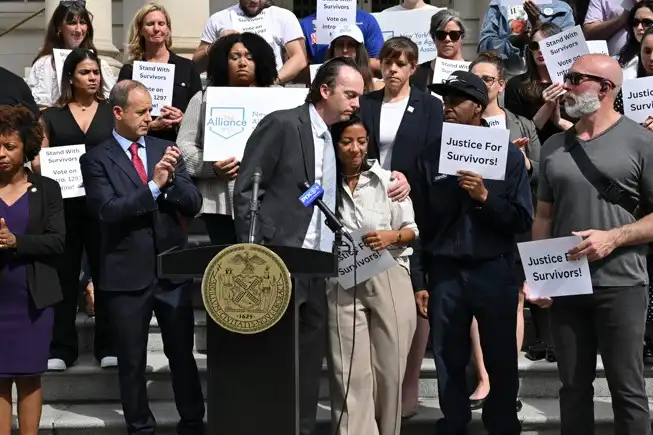Copyright thebftonline

By Sandra Agyeiwaa OTOO The Land Use and Spatial Planning Authority (LUSPA) under the Ministry of Local Government, Chieftaincy and Religious Affairs (MLGCRA) has launched the Revised Manual for Preparation of Spatial Plans, Zoning Guidelines and Planning Standards. This move aims to strengthen the nation’s efforts toward coordinated, inclusive and sustainable land use and development nationwide. The revision process involved several key steps including in-depth desk studies, technical reviews, regional stakeholder consultations and national validation workshops. The revised documents also mark a new era in spatial governance, ensuring that communities are better equipped to guide land-use and development decisions across Ghana. Speaking at the launch, Rita Naa Odoley Sowah, Deputy Minister of Local Government, Chieftaincy and Religious Affairs, stated that effective spatial planning is vital to Ghana’s sustainable development, guiding urban growth, ensuring coordinated land use and creating safe, inclusive and resilient communities. “Effective spatial planning is fundamental to Ghana’s sustainable development agenda and advancement of government flagship programmes. It determines how land is used and managed effectively to create safe, inclusive, resilient, vibrant and livable human settlements. As Ghana continues to urbanise rapidly, it is essential to guide the growth of human settlements with clear and well-coordinated spatial plans,” she noted. She revealed that Ghana’s initial spatial planning documents, produced in 2011, played a crucial role in establishing a well-structured framework for effective land use and planning across the country. Mrs. Sowah explained that after passage of the Land Use and Spatial Planning Act, 2016 (Act 925) and its accompanying legislation, the documents required revision to align with updated legal, policy and developmental frameworks. She added: “Revised Spatial Planning Documents are therefore not mere updates or technical documents – they are tools for empowerment, Planners and Built Environment Professionals; Metropolitan, Municipal and District Assemblies (MMDAs); consultants; academia and all stakeholders involved in the spatial planning process”. The deputy minister also noted that this documents arrive at a crucial moment as government strengthens decentralisation through flagship programmes such as the Big Push Programme, Ghana Infrastructure Plan and 24-Hour Economy Programme, empowering local authorities with tools for smarter, collaborative planning and a unified national approach to developing and redeveloping communities across Ghana. Dr. Kwadwo Yeboah, Chief Executive Officer-Land Use and Spatial Planning Authority (LUSPA), highlighted that the updated spatial planning documents mark a turning point in land management – offering clear direction for MMDAs to ensure balanced development, protect communities and promote sustainable economic and environmental growth nationwide. “Zoning guidelines and planning standards play an essential role in promoting orderly and sustainable community development by separating incompatible land uses, protecting health and safety and guiding organised growth. They prevent issues like industrial pollution in residential areas, direct development for specific purposes, support infrastructure planning, promote economic stability and safeguard environmental and historical resources,” he asserted. The launch took place in Accra, bringing together representatives from Ministries, Departments and Agencies (MDAs), Metropolitan, Municipal and District Assemblies (MMDAs), built-environment professionals, academia and development partners. The initiative was supported by the Participation, Accountability and Integrity for a Resilient Democracy (PAIReD) programme, commissioned by the German Federal Ministry for Economic Cooperation and Development (BMZ) – co-funded by the European Union (EU) and Swiss State Secretariat for Economic Affairs (SECO) and implemented by GIZ in collaboration with Ghana’s Ministry of Finance. Speaking on behalf of the Participation, Accountability and Integrity for a Resilient Democracy (PAIReD), Component Manager Laetitia Erny said: “While issues of land governance and management are understandably sensitive, they remind us of an important truth – that the absence of coordinated, transparent and data-driven spatial planning can leave room for uncertainty, overlapping claims and inefficiency in land and natural resource management. “That is why all stakeholders in this room must work together to coordinate the spatial, economic, social and environmental development of Ghana,” she added.



